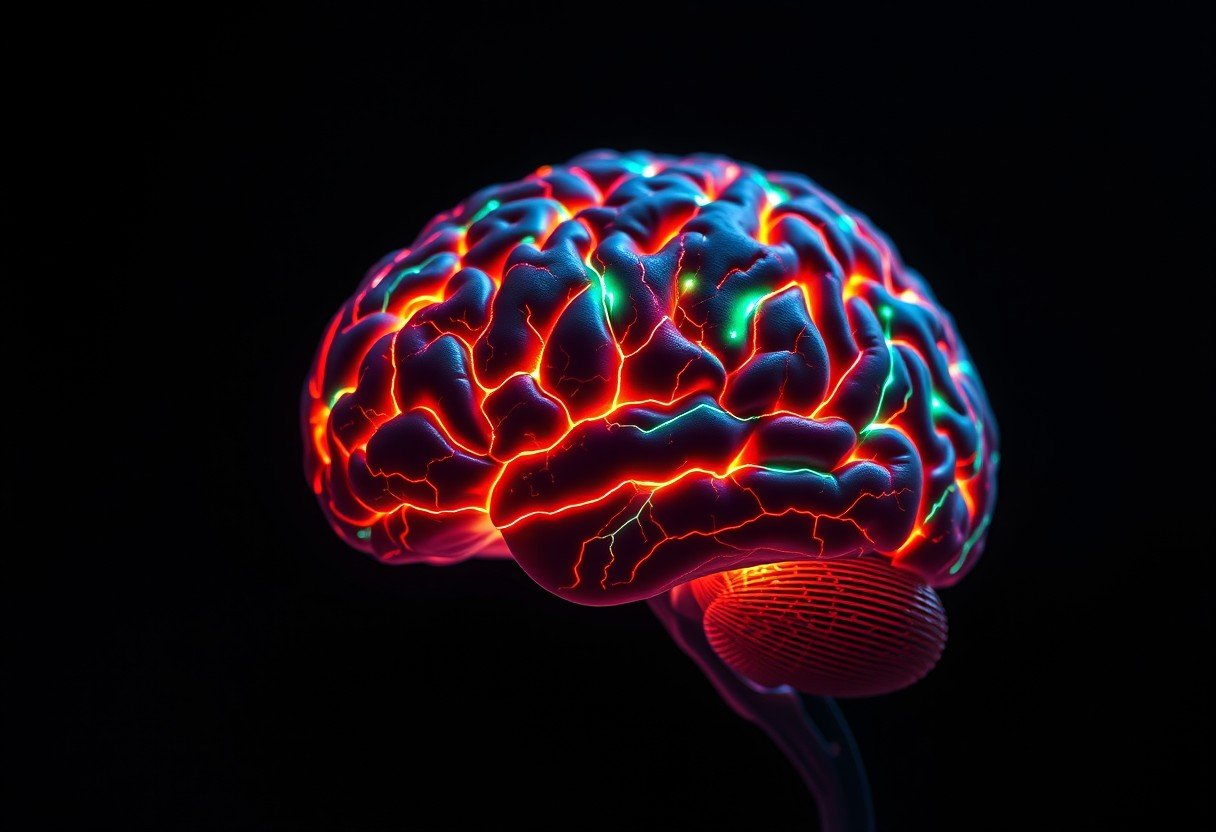What passages in the Odyssey show perseverance, who shows it, when and where does it appear, how does it work, and why does it matter for Greek culture? This guide explains the best moments that prove why endurance and clever effort were prized in ancient Greece. Use these examples and notes to quickly identify the key excerpts that define perseverance in the Odyssey.
Why Perseverance Matters in the Odyssey
The Odyssey is a 24 book epic poem from early Greek oral tradition, set after the Trojan War and recorded around the eighth century BCE. It follows Odysseus as he fights storms, monsters, and loss to get home to Ithaca. The story links personal grit with social duty and honor.
Perseverance in this poem is more than stubborn effort. It is steady courage, smart planning, and patience across years. Greeks saw this quality as a path to honor, home, and right order. Perseverance is a core value that ties hero, family, and city to the favor of the gods.
The Greek idea often called patient endurance joins strength with intelligence. That mix shapes every major decision Odysseus makes, and it frames how the poem praises his wife and son as well.
Key Excerpts That Show Odysseus Perseverance
Book 5 shows Odysseus building a raft on Ogygia after seven years held by Calypso. He refuses comfort, chooses risk, and survives a violent sea with help from Athena and Ino. This scene blends craft, courage, and prayer, which is the poem’s model of resilient action.
Book 9 presents the Cyclops cave. Trapped with his crew, Odysseus uses a false name, blinds the giant, and escapes under rams. The plan needs patience, timing, and will under fear. His escape proves that perseverance in the Odyssey is guided by strategy, not only force.
Book 12 brings the Sirens and the straits of Scylla and Charybdis. Odysseus follows Circe’s hard advice, protects most of his crew, and endures loss without freezing. Book 23 closes with the bed test, where Odysseus proves identity through knowledge and restraint, not display.
Penelope and Telemachus as Quiet Models of Grit
Penelope keeps the house safe for twenty years. She delays the suitors with her weaving ruse and guards her son’s future. Her patience is active, not passive, and it protects the home Odysseus fights to regain.
Telemachus grows from doubt to action. Guided by Athena in Books 1 to 4, he calls assembly, travels to Pylos and Sparta, and learns to act with judgment. Their steady resolve shows that perseverance includes loyalty, restraint, and wise timing.
Together they hold the line at home while Odysseus fights abroad. The poem praises this shared endurance as the basis of justice and renewal in Ithaca.
The Role of the Gods and Human Effort
The Odyssey links divine help with human action. Athena guides, but Odysseus must row, build, speak, and plan. Poseidon blocks, but he still pushes on. This balance teaches that effort invites aid, and aid tests effort.
| God | Role in Journey | Impact on Perseverance | Key Book |
|---|---|---|---|
| Athena | Protector and guide | Strengthens resolve and judgment | Books 1, 5, 13, 22 |
| Poseidon | Sea god who seeks revenge | Creates trials that test endurance | Books 5, 13 |
| Hermes | Messenger who brings commands | Opens the path off Ogygia | Book 5 |
| Calypso | Nymph who detains Odysseus | Forces long patience and choice of home | Book 5 |
The poem’s lesson is clear, the gods favor steady, skillful effort, not empty bravado. Odysseus earns help through prayer, craft, and endurance that serve a just end.
Perseverance in Greek Culture Beyond Homer
Greek writers often join honor with endurance. In tragic theater, firm resolve can clash with power, as in Sophocles Antigone. In lyric poetry, Pindar praises athletes who train through pain for bright victory.
Historians such as Herodotus record peoples who hold fast under pressure, noting how fortune turns in favor of those who endure. These works give a wider frame for the Odyssey. They show a culture that rewards patient courage.
Across genres, perseverance joins skill, justice, and memory to form a lasting public ideal. That is why the Odyssey remained a school text across centuries and still shapes how readers define heroic resolve.
How to Read These Passages for Deeper Insight
Target the moments where choice, time, and risk meet. Read for how plans are made, how fear is managed, and how identity is proven. Keep a note of book numbers and who is guiding each scene.
- Start with Books 5, 9, 12, and 23 and write a one line claim on how each shows perseverance.
- Track what Odysseus does, what he says, and what he holds back in each scene.
- Note who helps or blocks him and how that shapes the cost and proof of endurance.
Then connect these scenes to Penelope and Telemachus at home. This cross reading shows how the poem builds a full picture of patient strength in action and in waiting. Linking travel and home reveals why perseverance restores both person and city.
FAQ
Which excerpt from the Odyssey best shows perseverance?
Book 9 in the Cyclops cave is often cited, where Odysseus endures fear, plans under pressure, and saves his crew through careful timing. Book 5 on Ogygia also stands out as he rejects comfort, builds a raft, and survives the sea.
How does Odysseus prove perseverance without only using strength?
He blends patience with strategy, such as the false name in the cave and the bed test with Penelope in Book 23. His choices show control, foresight, and loyalty to home.
What passages show Penelope’s perseverance in clear terms?
Her weaving ruse in the palace and her tests of identity in Book 23 display active patience. She protects the house and keeps faith through careful planning and restraint.
How do the gods affect the theme of perseverance in the poem?
Athena guides steady effort while Poseidon creates trials that demand endurance. Help arrives when action aligns with justice, which is a key lesson in Greek thought.
Why is perseverance important in ancient Greek society?
It links honor, family duty, and civic order. Stories, songs, and history praise those who endure with skill and courage, which forms a shared cultural model.
Where should a student start to study perseverance in the Odyssey?
Begin with Books 5, 9, 12, and 23, noting who speaks, what is risked, and how plans unfold. Write short notes that tie each scene to the idea of patient, smart endurance.








Leave a Comment